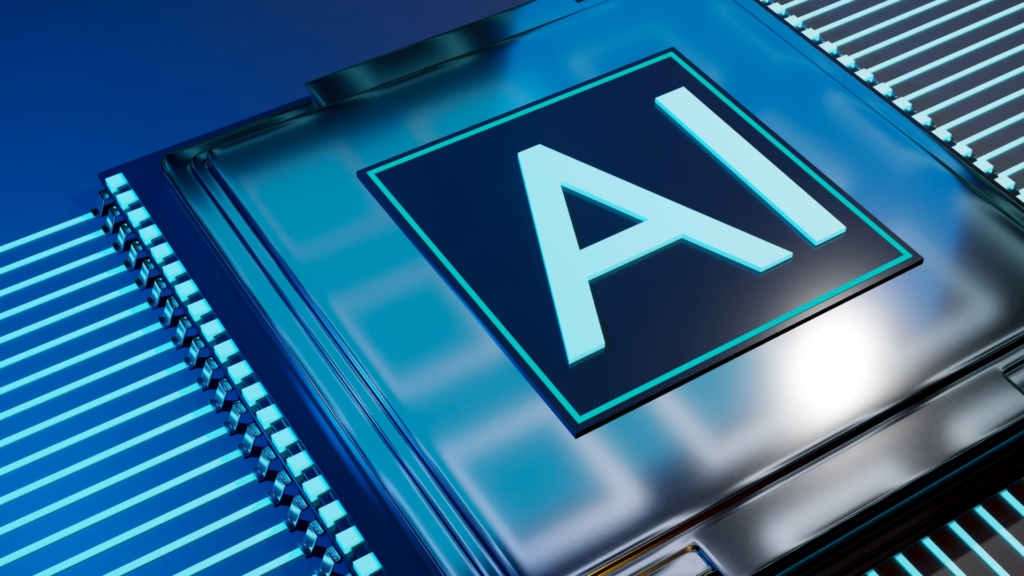
Is artificial intelligence capitalized?
In the age of technological advancements, artificial intelligence (AI) has become a common term in our vocabulary. People use terms like “AI-powered” and “AI-enabled” to describe various technological products. But, this raises the question, how do we write these terms correctly? Is “Artificial Intelligence” capitalized or not? In this blog post, we will explore the rules for capitalizing AI-related terms and clear up any confusion surrounding their usage.
Rule One: Capitalize complete and proper nouns.
If the phrase “Artificial Intelligence” is used as a title for organizations or specific algorithms, it should be capitalized. For example, IBM’s Artificial Intelligence program “Watson” and the “Artificial Intelligence and Law” Journal both capitalize the phrase.
Rule Two: Use lowercase for common nouns or adjectives.
If you are using “artificial intelligence” as a general noun or adjective, it should be written in lowercase. “Artificial intelligence” refers to the broader field of AI research and applications as a whole. For instance, one can state that “artificial intelligence is transforming the way businesses operate” without capitalizing it.
Rule Three: Title Case
When using the phrase “artificial intelligence” in a heading, it should be in title case. For example, “A Beginner’s Guide to Artificial Intelligence.” This version is similar to the first rule; it depicts the formal usage of the term.
Rule Four: Capitalize Acronyms
When an AI-related acronym is formed, it should be capitalized even if the words it abbreviates use lowercase letters. For example, “AI”, stands for “Artificial Intelligence.” Other common AI acronyms like “NLP” (Natural Language Processing) and “ML” (Machine Learning) also follow this rule.
Conclusion:
In conclusion, it can be challenging to determine if you should capitalize “artificial intelligence” or not, as it depends on the context. The grammatical rules help us in deciding when, where, and how to use the phrase. The rules we discussed can be likened to those we use in other technical fields when writing and formatting. By following these guidelines, we can utilize language correctly, creating more uniform, consistent and professional content.
Leave a Reply
- AI in Diagnostics: Revolutionizing Early Detection and Accuracy
- How AI and Advanced Analytics Are Transforming Healthcare Outcomes
- Investing with Confidence: The Role of ROI Calculators
- How ROI Calculators Drive Data-Driven Business Strategies
- The Ultimate Guide to ROI Calculators for Business Success
- Making Sense of ROI Calculators: A Comprehensive Guide
- June 2025 (1)
- May 2025 (1)
- October 2024 (2)
- September 2024 (31)
- August 2024 (31)
- July 2024 (27)
- June 2024 (28)
- May 2024 (30)
- April 2024 (33)
- March 2024 (23)
- February 2024 (29)
- January 2024 (3)
- December 2023 (47)
- November 2023 (36)
- October 2023 (23)
- September 2023 (2)
- June 2023 (2)
- May 2023 (13)
- April 2023 (1)




